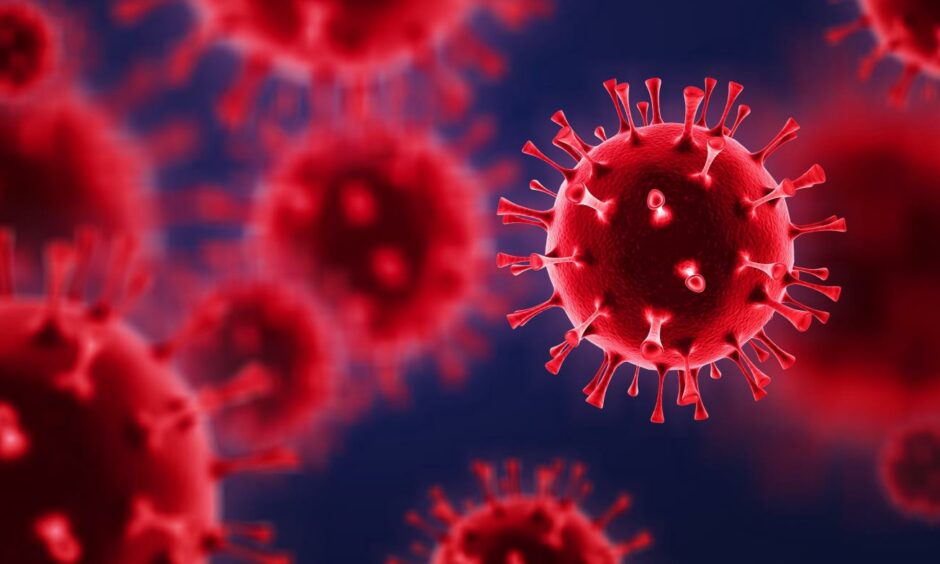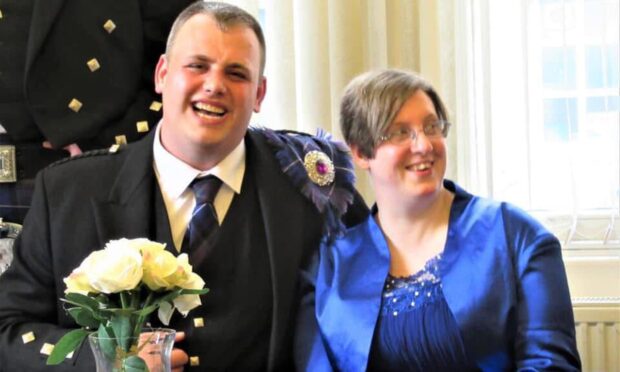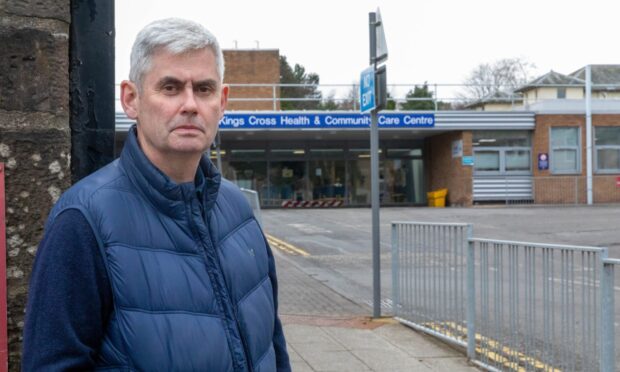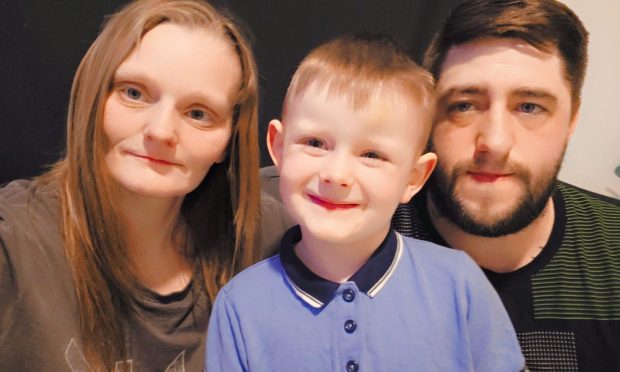The Covid pandemic has been part of everyone’s life now for more than two years – but is it coming to an end?
As testing and self-isolation rules change and restrictions ease, you may be wondering if it’s now in sight.
Are we moving into the next phase of the virus? Could we still go backwards? Or will it be seasonal like the flu?
We asked Professor Neil Mabbott, Chair of Immunopathology at Edinburgh University, for his view.
When the virus moves to endemic from pandemic stage this means coronavirus infections occur at reasonably predictable and stable levels.
But we’re not in the endemic stage yet.
End of the coronavirus pandemic?
Prof Mabbott points to “very high” virus levels in the UK compared to those during earlier phases of the pandemic.
There were 1,311 new cases in Scotland on May 4, 2022 which compares to 139 new cases on the same day in 2021.
He says: “Unfortunately, the coronavirus that causes Covid is here to stay.
“Last week there were still more than 1,000 deaths in the UK within 28 days of a positive test. Covid continues to cause significant challenges to the NHS, as well as issues to businesses due to staff absences.”
There is some better news though, he adds, with data across the UK starting to suggest we might have passed the recent peak of infections.
“The prevalence of the virus in the community in recent weeks has started to fall,” he says.
“Importantly, so have the number of cases of serious illness, hospitalisation and death.
“If these downwards trends continue this could suggest in the UK we may be beginning to move towards the endemic phase.”
What are the chances we could go back?
Prof Mabbott admits it’s impossible to exactly predict how the coronavirus that causes Covid might alter over coming months and years.
“We shouldn’t just assume the next virus variants that arise will have reduced severity.
“We should maintain preparedness so that should a new variant of concern arise, we can act swiftly to contain it.”
In future, Prof Mabbott adds use of vaccines and boosters will be essential tools to help maintain virus infections at manageable levels.
“So it remains important that as much of the population as possible come forward for their vaccinations and boosters when eligible.”
Will Covid become seasonal like the flu?
It’s likely we’ll continue to see a downward trend in infections during the next few months as we socialise more outdoors and approach school summer holidays, he says.
But as immunity wanes and indoor mixing increases in autumn and winter, it’s likely infection rates will climb again.
“Careful monitoring of infection and hospitalisation rates in vulnerable groups will help determine whether subsequent booster vaccinations will be required in the autumn alongside their annual flu shots.”
So just how at risk are we from the next new virus?
Covid has shown how vulnerable we are says Prof Mabbott.
“In our highly connected world, the emergence of a new virus in one region can rapidly cause a pandemic that has a serious impact on health, wellbeing and businesses across the globe.”
And we still need to be prepared for when the next virus emerges, he adds.
“It’s essential we maintain a sufficient level of expertise and preparedness over the coming years. So that when the next novel virus emerges, we can swiftly act to control its spread and limit its impact on society.”















Conversation